Apple's App Tracking Transparency (ATT) feature was supposed to be a privacy win for users. When it launched in April 2021, the tech world watched as Apple introduced a simple pop-up asking users whether they wanted apps to track their activity across other apps and websites. Sounds straightforward enough, right? But here's where things get interesting—European regulators aren't buying Apple's privacy-first narrative. They're seeing something far more strategic: a carefully orchestrated system that consolidates Apple's platform power while systematically disadvantaging competitors.
The controversy has been brewing since ATT's introduction, and now multiple European countries have launched investigations into what they view as anticompetitive behavior disguised as user protection. France's Competition Authority didn't just investigate—they hit Apple with a €150 million fine, and similar probes are now underway in Germany, Italy, Romania, and Poland.
The heart of Europe's complaint against Apple
What exactly are European regulators so upset about? The issues they've identified reveal a system engineered to benefit Apple while creating barriers for everyone else. Let's break down how this works.
Germany's competition watchdog, the Bundeskartellamt, made a critical discovery: Apple's strict ATT requirements only apply to third-party applications, not to Apple's own services. Think about that for a moment—Apple created rules that everyone else has to follow, but somehow those same rules don't apply to Apple itself.
But the technical implementation reveals even more problematic design choices. French authorities found that Apple's system required users to opt out of advertising tracking twice rather than once, creating what they called an unfair burden that undermined the feature's supposed neutrality. The consent process becomes even more revealing when you examine the user experience: third-party applications could display up to four consecutive consent dialogues under ATT, while Apple's own applications show a maximum of two.
Now, imagine you're a user trying to navigate this system. You download a third-party app and suddenly face multiple consent windows, each one more complex than the last. Meanwhile, Apple's own apps present you with a streamlined interface that makes sharing your data seem like the obvious choice. This isn't accidental design—it's strategic user experience manipulation.
How Apple's framework creates competitive advantages
The regulatory findings reveal how Apple has essentially rewritten the rules of digital advertising to favor its own business model. What makes this particularly sophisticated is how Apple leveraged technical definitions to create legal advantages.
Apple's definition of "tracking" only covers data processing for advertising purposes across different companies, which excludes Apple's practice of combining user data across its own ecosystem for advertising purposes. Meanwhile, Apple operates a comprehensive digital ecosystem that provides extensive access to user data relevant for advertising through its App Store, Apple ID, and connected devices.
This creates a powerful economic moat. While competitors face restrictions on cross-platform data collection, Apple freely combines user information from every touchpoint in its ecosystem—from your iPhone usage patterns to your App Store purchases to your Apple ID activity—all for advertising purposes. It's like owning both the highway and the only gas stations, then restricting how other fuel providers can operate.
The psychological design elements compound these advantages. German regulators discovered that Apple's consent dialogues are designed to encourage users to allow Apple to process their data, while the dialogues for third-party applications steer users toward refusing data processing. This isn't just about technical compliance—it's about behavioral economics at scale.
The economic disruption across the advertising ecosystem
The real-world effects of ATT have fundamentally restructured the mobile advertising economy, creating winners and losers in ways that extend far beyond individual consent dialogues.
The ATT framework has been particularly harmful for smaller publishers who lack alternative targeting possibilities and don't have sufficient proprietary data. Think about a small news website or independent app developer—they don't have Apple's vast ecosystem of interconnected services. They rely on advertising networks and cross-platform data sharing to make their free services economically viable.
The numbers reveal the scale of this economic shift. Studies show that ATT reduced the share of trackable Apple traffic in the United States by 55 percentage points, from 73% to 18%. This massive drop in trackable users led to a 21% decline in advertising revenue from Apple users for publishers.
The industry's response reveals how platform policy changes can force entire business model transformations. Publishers and app developers, facing the reality that they would lose over 50% of their advertising income from reduced targeting capabilities, have shifted toward subscription models. This means users increasingly pay directly for services that were previously free and ad-supported—essentially transferring the cost of Apple's privacy stance to consumers.
What this means for platform governance and digital competition
Despite the regulatory criticism and economic disruption, the mobile app ecosystem has demonstrated remarkable adaptability. Academic studies found that the number of available applications in the Apple App Store ecosystem recovered quickly after an initial drop following ATT's introduction. Developers didn't abandon the platform—they adapted, found new revenue models, and continued building apps.
But this resilience doesn't resolve the fundamental competition concerns. Apple's defense of ATT highlights the complexity of the debate. The company argues that ATT gives users genuine choice, noting that 70-80% of users have opted out of tracking via ATT compared to only 5.4% who opted out of tracking on Google services. Apple presents this as evidence that users truly want privacy protection when given clear options.
However, European regulators argue this misses the point entirely. The issue isn't whether users want privacy—it's whether privacy protection should be implemented in ways that systematically advantage the platform owner. The ongoing investigations across multiple European countries suggest we're witnessing a broader reckoning with how dominant platforms can shape entire digital ecosystems through technical implementation choices.
The ATT controversy represents a fundamental tension in digital platform governance. Apple has successfully positioned itself as a privacy champion, and many users genuinely appreciate having more control over their data. But the regulatory investigations reveal how privacy initiatives can simultaneously serve competitive purposes, creating market advantages that extend far beyond user protection.
Bottom line: App Tracking Transparency might deliver meaningful privacy benefits, but European regulators are establishing that privacy protection can't be used as cover for anticompetitive platform design. The outcome of these investigations will likely establish important precedents for how dominant digital platforms must balance user protection with fair competition—essentially determining whether tech giants can use privacy as both sword and shield in competitive battles.










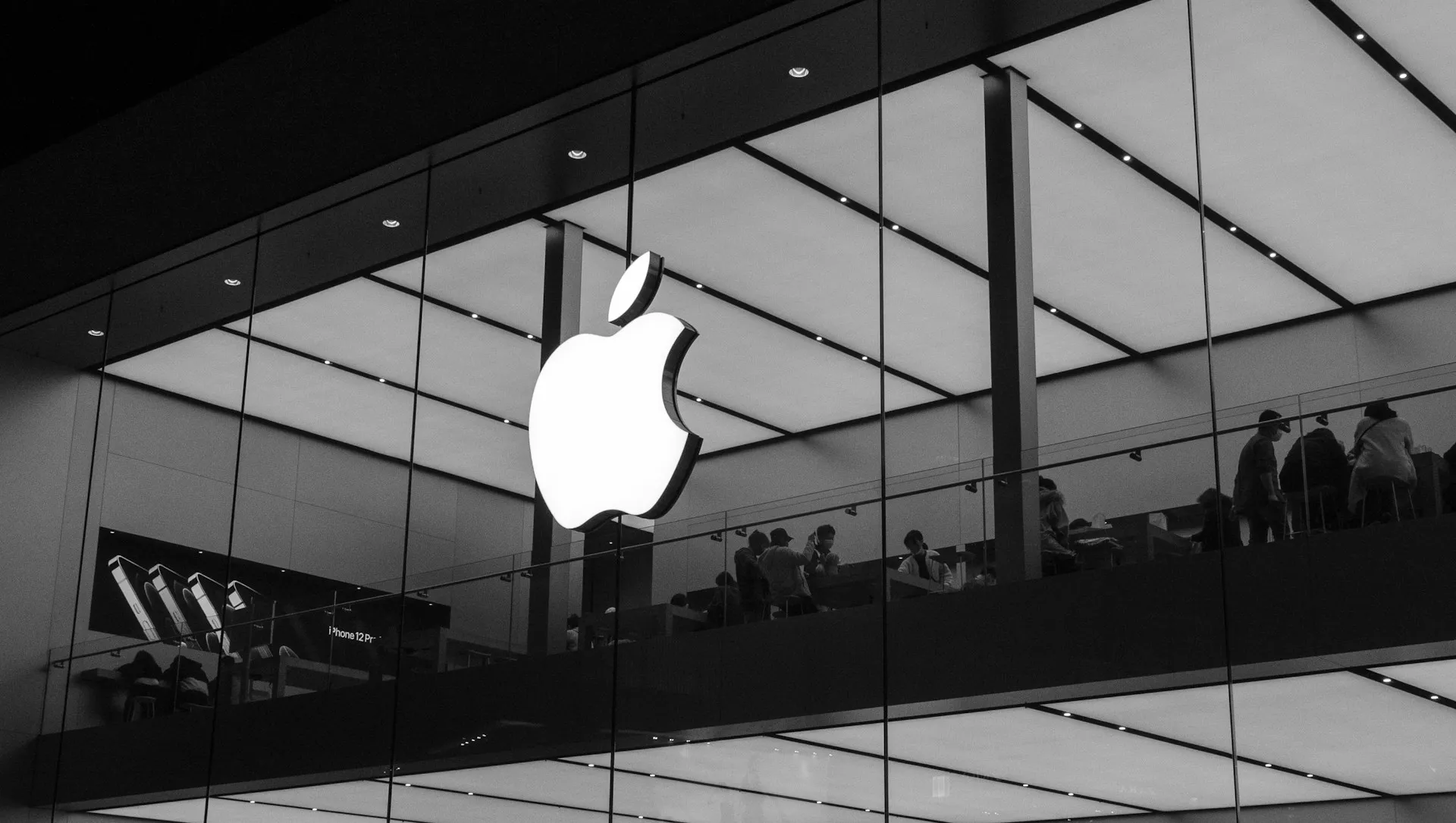



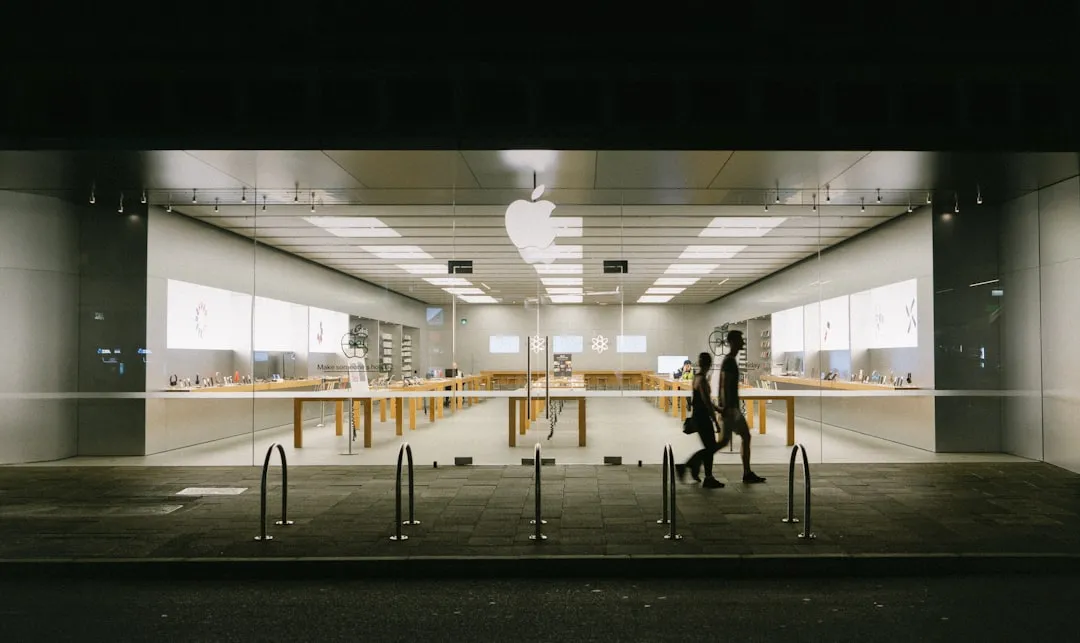


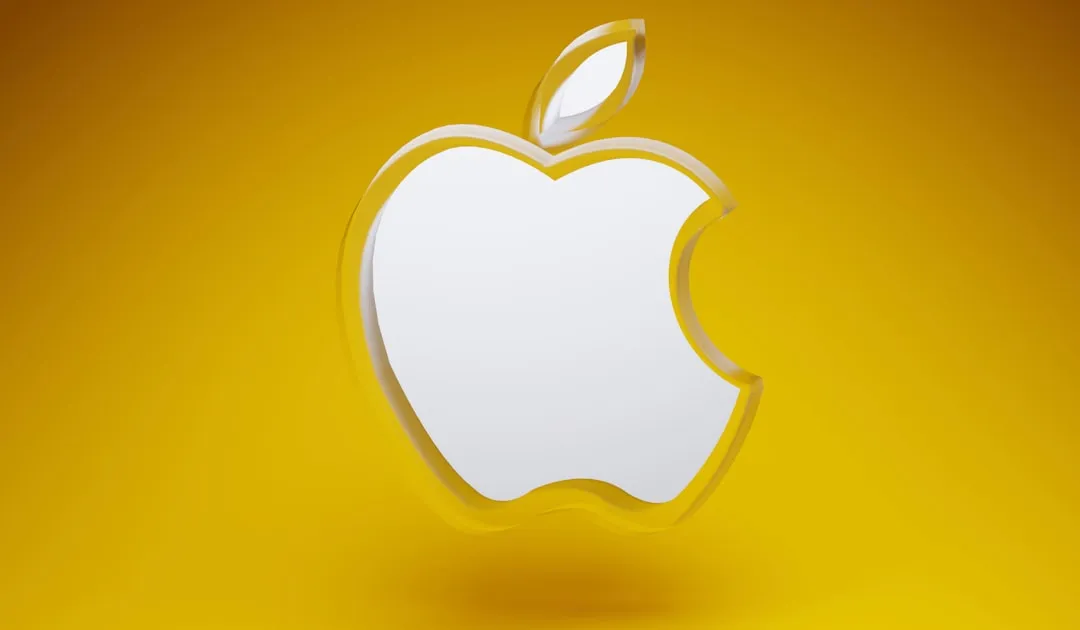
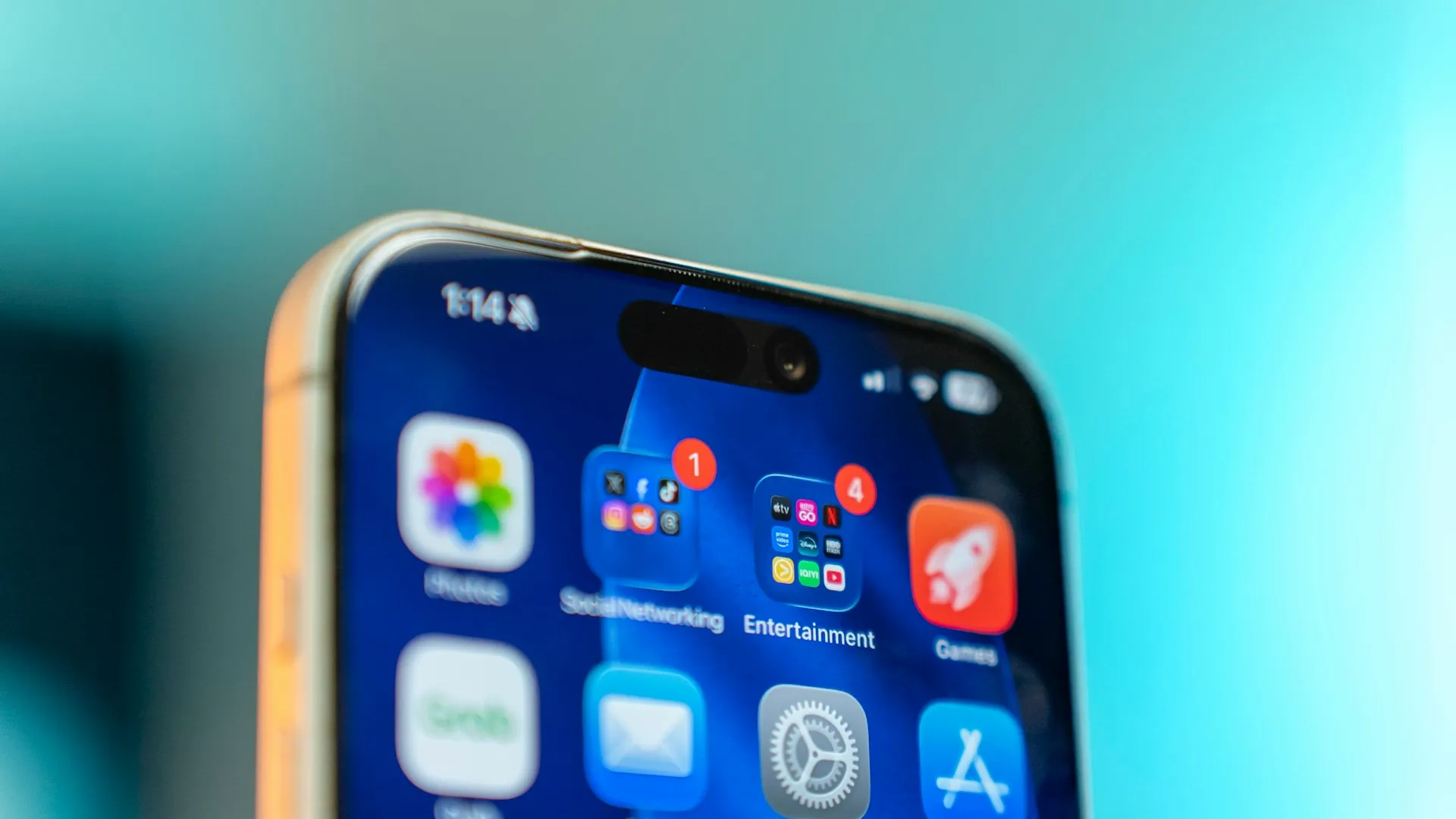
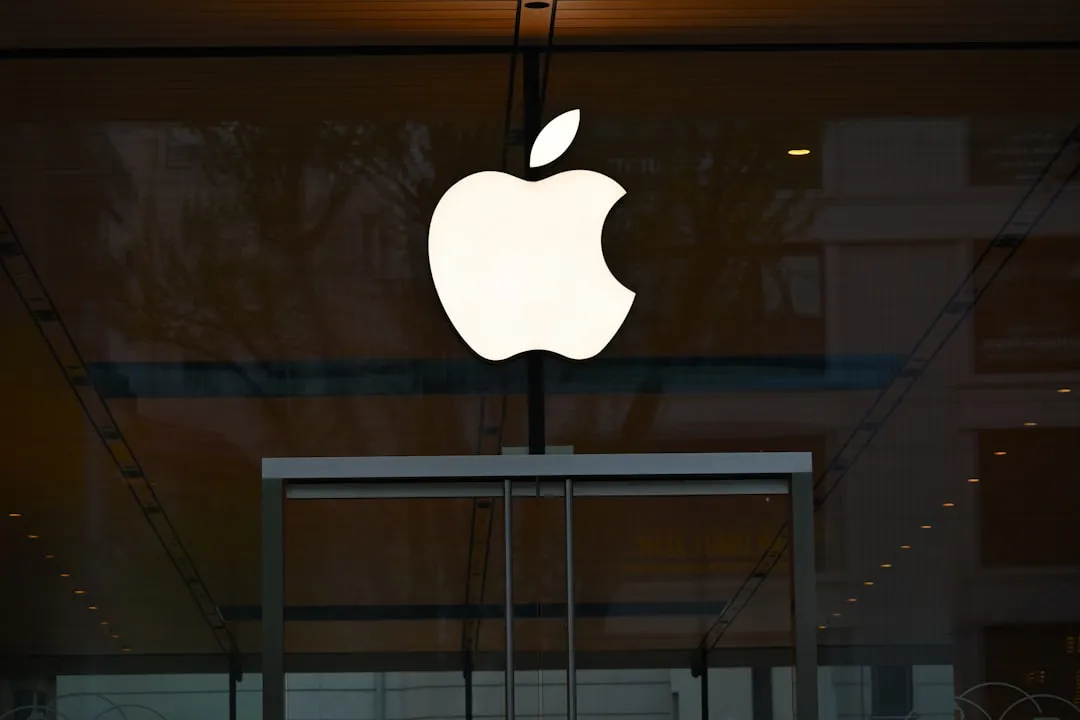

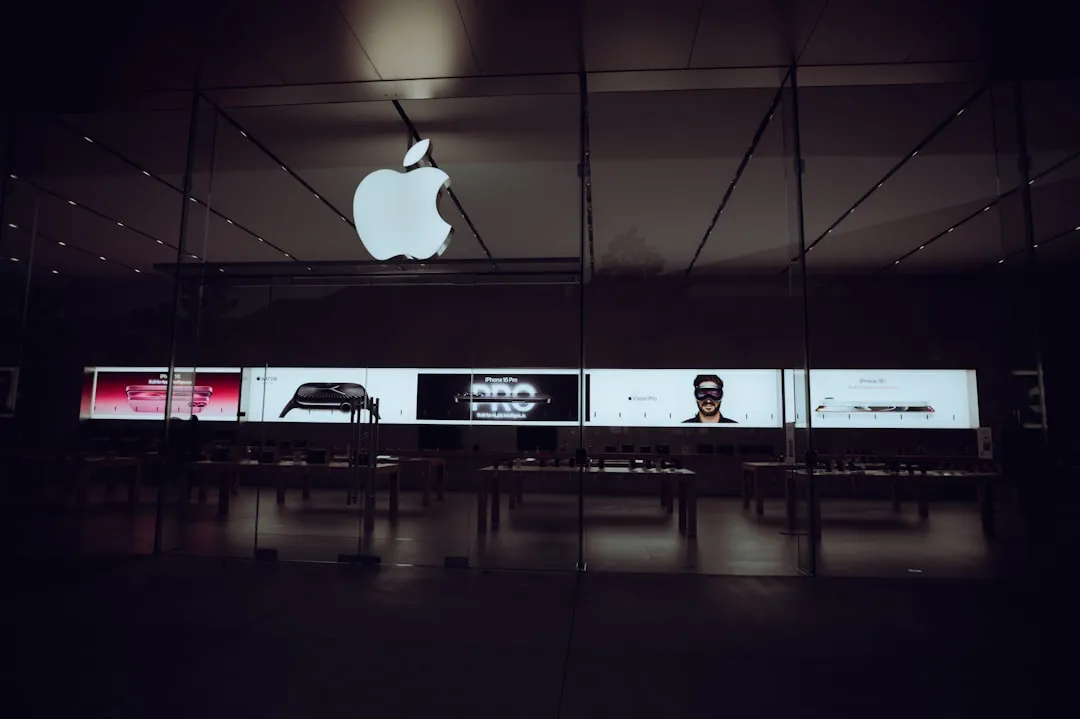
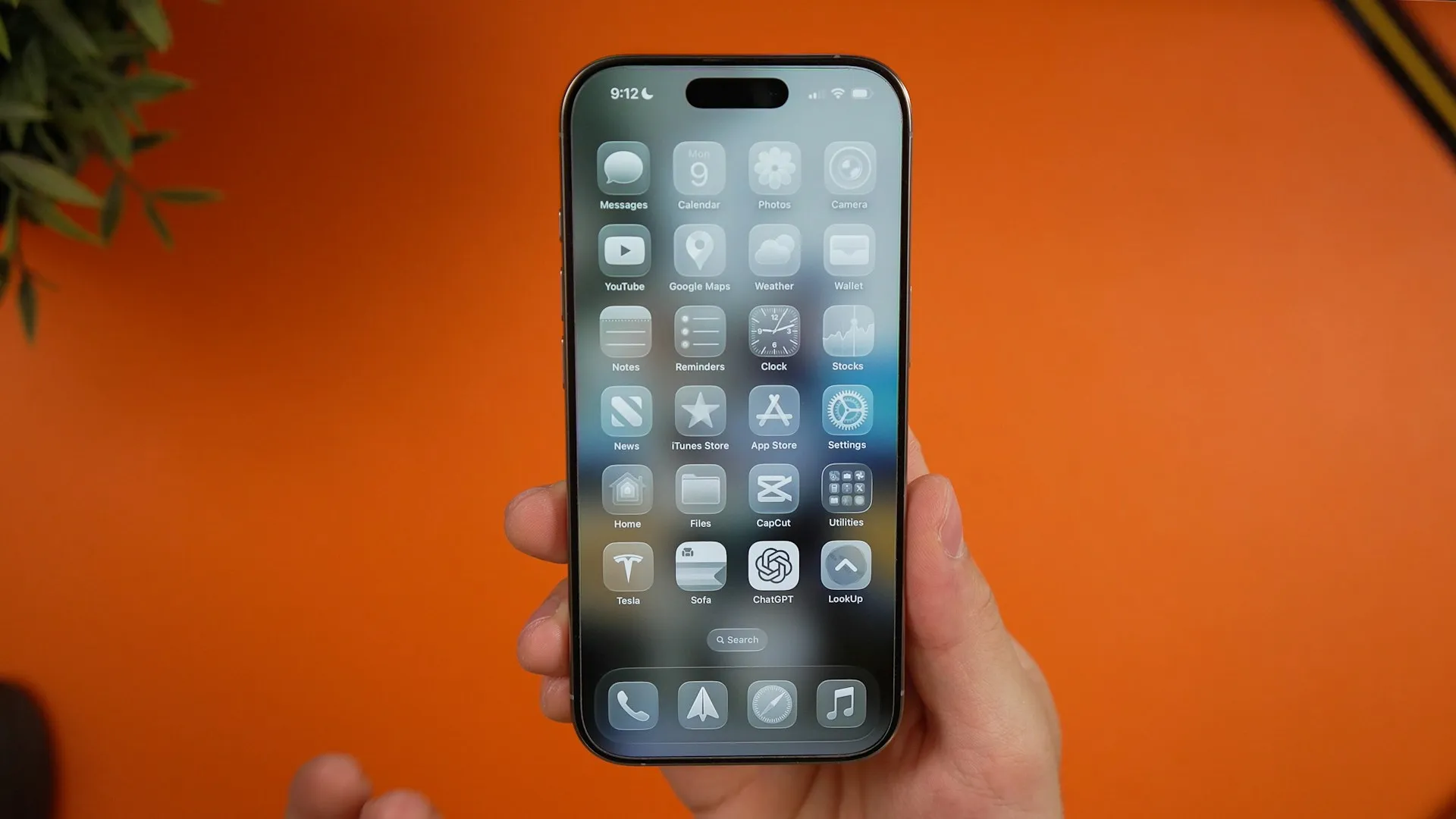
Comments
Be the first, drop a comment!